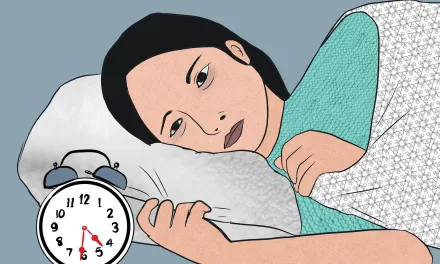Location: Limerick, Ireland
Lead: In a groundbreaking collaboration between the University of Limerick in Ireland and Iowa State University, a new study has illuminated the potential of resistance exercise training as a potent tool in alleviating symptoms of anxiety and depression. Published in the prestigious Trends in Molecular Medicine journal, the research underscores the transformative benefits of resistance training while offering insights into its underlying mechanisms.
Body: Led by Professor Matthew P Herring of the University of Limerick and Professor Jacob D Meyer of Iowa State University, the study marks a significant leap forward in understanding the therapeutic potential of resistance exercise in mental health treatment. Drawing upon a wealth of previous research, the study presents compelling evidence supporting the efficacy of resistance training in ameliorating anxiety and depressive symptoms, paving the way for alternative therapeutic approaches.
Dr. Herring, Associate Professor in the Physical Activity for Health Research Centre at the University of Limerick, emphasized the pressing need for novel interventions to address the pervasive impact of anxiety and depression on public health. He highlighted the established health benefits of resistance exercise training, noting its potential to serve as a viable adjunct therapy for these debilitating conditions.
Despite the relative scarcity of studies in this domain, the researchers expressed optimism regarding the promising findings gleaned from their ongoing investigations. Notably, the study sheds light on the potential psychobiological mechanisms underlying the therapeutic effects of resistance exercise, offering a glimpse into the intricate interplay between physical activity and mental well-being.
Professor Meyer, co-author of the study, underscored the significance of resistance training as a complementary approach to conventional treatments for anxiety and depression. He emphasized the need for comprehensive clinical evaluations to elucidate the nuanced mechanisms through which resistance exercise exerts its mood-enhancing effects, thereby optimizing its therapeutic potential.
The research heralds a new era in mental health intervention, with resistance exercise training poised to emerge as a pivotal component of holistic treatment regimens. By harnessing the synergistic benefits of resistance training alongside existing therapies, clinicians hold the promise of delivering personalized care tailored to individual needs.
Conclusion: The collaborative efforts of researchers from the University of Limerick and Iowa State University have unveiled a promising frontier in mental health treatment, showcasing the transformative potential of resistance exercise training in mitigating symptoms of anxiety and depression. As the scientific community embarks on further exploration of this burgeoning field, the study paves the way for innovative therapeutic strategies aimed at enhancing the well-being of individuals worldwide.











